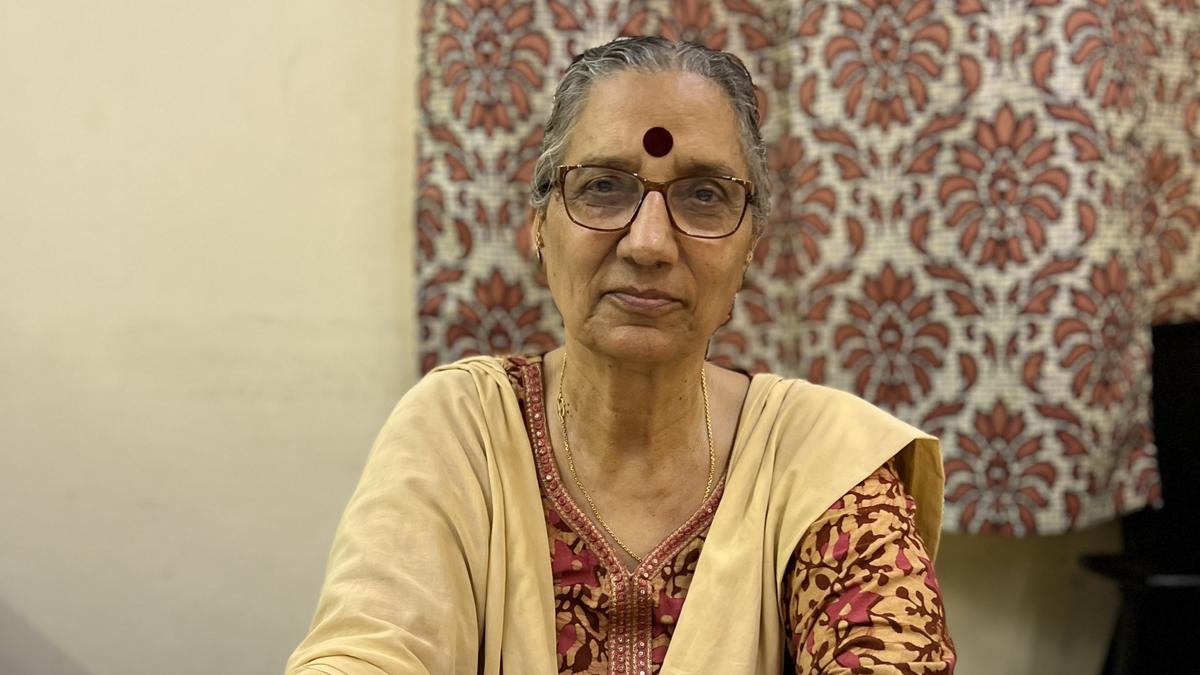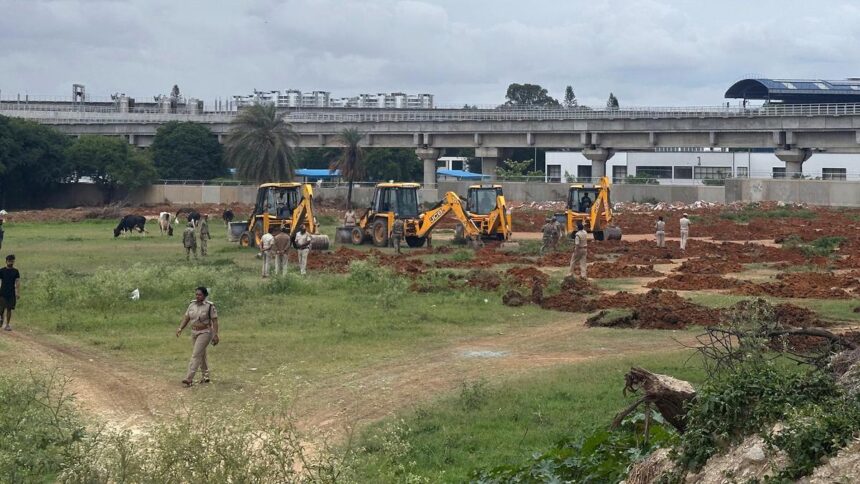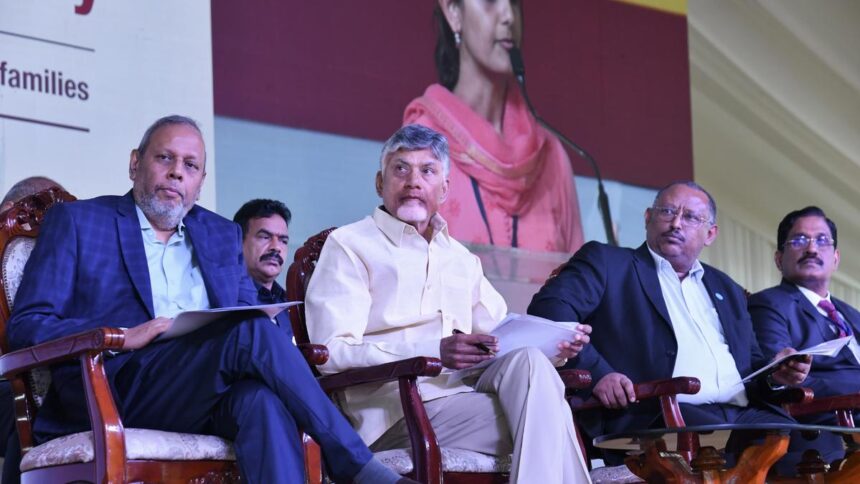
Senior trade union leader and All India Trade Union Congress general secretary Amarjeet Kaur.
The strike called by ten Central Trade Unions on July 9 on 17-point charter of demands is against the policies of the Narendra Modi government and for both the unemployed and the workers, said senior trade union leader and All India Trade Union Congress general secretary Amarjeet Kaur. In an interview to The Hindu, she said the strike is very significant to prepare working class and the farming community and agricultural labourers for a long drawn battle. Questioning the government move to curb trade union rights, she said investors are not coming to India not because of workers, but because of the government policy of promoting one or two companies. Excerpts from the interview:
What is the relevance of this strike compared to other years?
The relevance of this strike is that this will be beginning of larger movements in India. Enough is enough. This Government has stopped recruitments. They are not creating jobs for the youth. Instead, they have started recruiting those who are already retired for lesser salaries and without any social security. They have done this in Railways and in the steel sector. There are about 15 lakh notified job openings in Central Government and in Central Public Sector Undertakings. But the Government is in no mood to appoint people, rather is outsourcing and contractualising many jobs. The direction is very clear, unemployment will be very, very serious in this country.
For existing employees, they have decided not to revive old pension scheme (OPS). They say they will go ahead with Unified Pension Scheme (UPS). Now, the UPS is more bad than the National Pension System (NPS). Once you opt for UPS, you have no other option to shift to NPS or to OPS. And thirdly, they have continued with the policy which we opposed — the Employment Linked Incentive. They are using workers’ money in Employees Provident Fund Organisation to fund employers. We demand increasing the work days under MGNREGA, a national minimum wage for all sectors of ₹26000 per month, a minimum PF pension of ₹9000 per month and a monthly pension of ₹6000 for those who are not covered under any pension schemes.
Has the Government held any discussions with you on this charter?
Last year when we met Union Labour Minister Mansukh Mandaviya and made a detailed presentation about our demands. He told us that he will study these demands. But instead, the government was trying to implement the four Labour Codes, which stand against the labour rights we have in this country. This government does not believe in consultation. The Indian Labour Conference has not been convened for more than a decade. We asked Mr. Mandaviya to convene ILC. In March, Mr. Mandaviya said the Centre will implement Labour Codes. We decided to burn the copies of Labour Codes the day it gets implemented and will strike work on May 20. Considering the situation along the borders, we later postponed the strike to July 20. But the government had no such considerations. The Prime Minister’s Office is sending advisory letters to all the state governments and telling them to change the labour laws as per labour codes.
Government and the Bharatiya Mazdoor Sangh have been saying that the States are implementing Labour Codes and the protests should be directed towards them.
Except the BJP-run State governments, nobody has notified these codes. This is very clear to the central government. So they are playing a double game. The Centre amalgamated 29 laws and codified them. On the basis of codes, Centre is asking State governments to change their rules and Acts. Trade unions will fight the state governments and we have been fighting. We had warned States against implementing Labour Codes. We will fight it.
Government says that Codes are necessary for ease of doing business and for attracting investments…
They are intimidating State governments that there will be no investments in states if Labour Codes are not implemented. States have to follow Indian constitution and our label laws. Serious employers and investors know that stability is important and industrial peace is key for industrial growth. The reason for declining investment is not workers. It’s because of our government’s economic and social policies and also the global economic slowdown. Why should foreign investors come into a country where communal attacks are normal? Law and order is a serious question. Crony capitalism is another hurdle for investors. Most of the resources are being handed over to Adani and Ambani. Why will investors come when they know that our government is standing with two corporates and in this competition, there is no win-win situation. So workers are not responsible for this. Workers agitations are suppressed here.
How many sectors will respond to this strike this time?
The strike notices are served at banks, insurance companies, steel sector, coal sector, minerals and petroleum sector, copper sector and in some airports. Rail workers will have mobilisations in support of strike, but no strike there. Defence sector is going on strike. They have given strike notices everywhere. All the states, government employees have given strike notice. We will have a “band-like” of situation in Asam, Tamil Nadu, Goa, Punjab, Bihar, Kerala, West Bengal and in many other States. Opposition parties have been approached by the unions, and they have extended their support. The message has gone. Workers in unions affiliated with the BMS have pledged support. This strike is very significant to prepare working class and the farming community and agricultural labourers for a long drawn battle.
Published – July 06, 2025 03:20 am IST






















